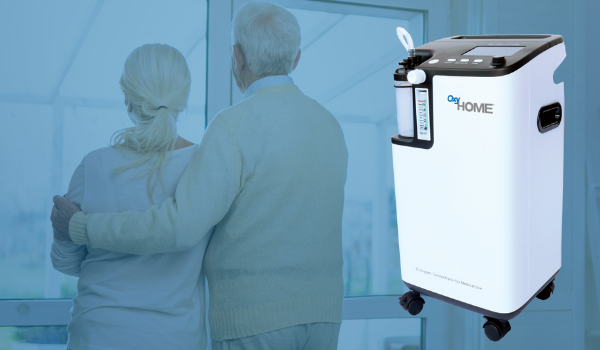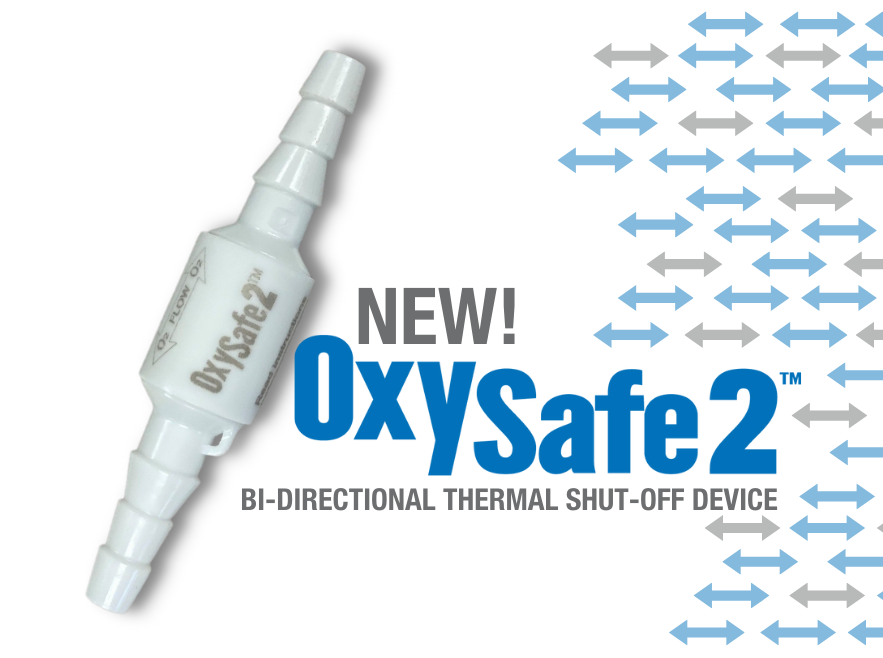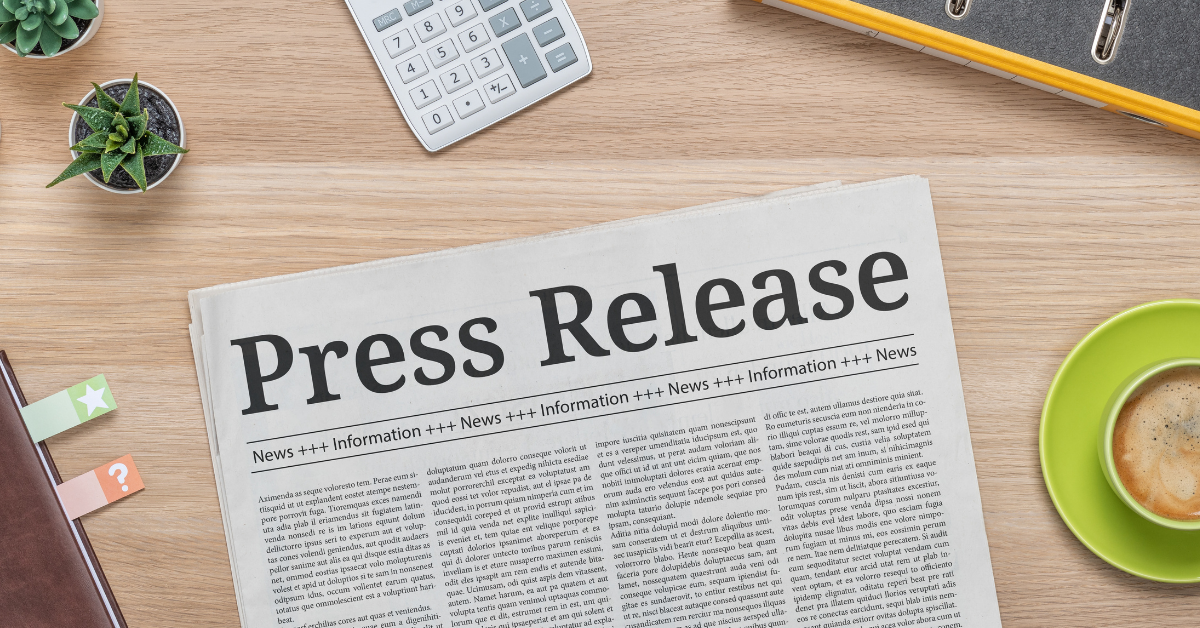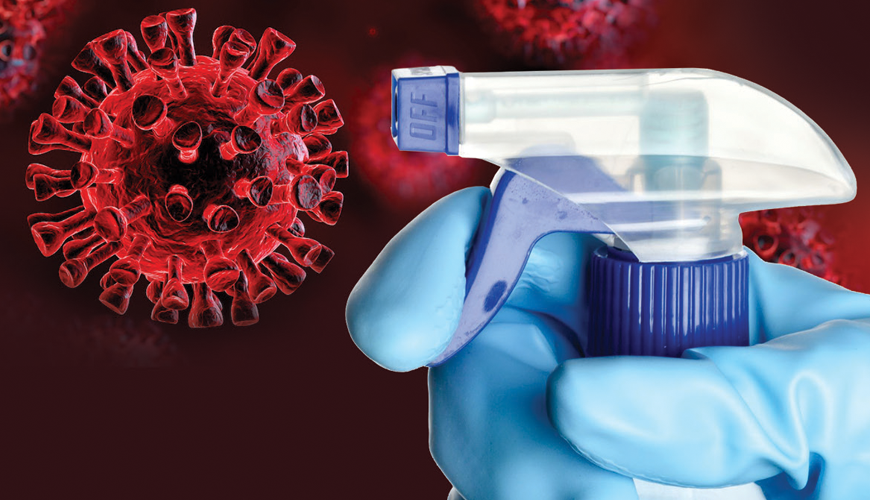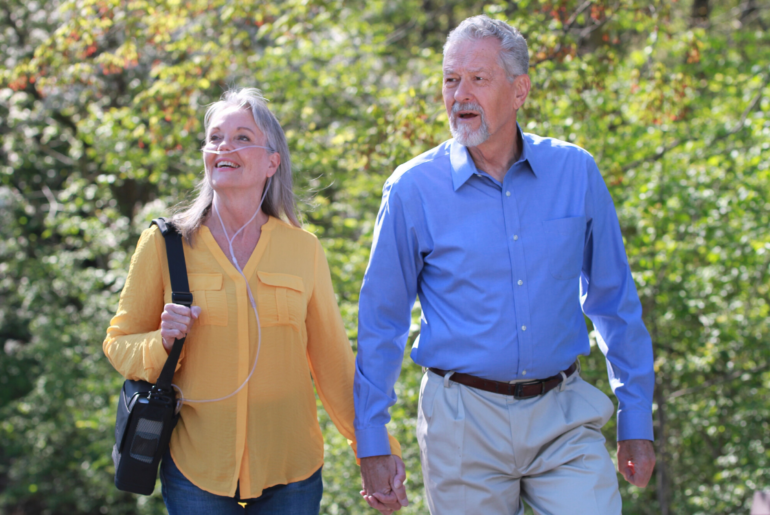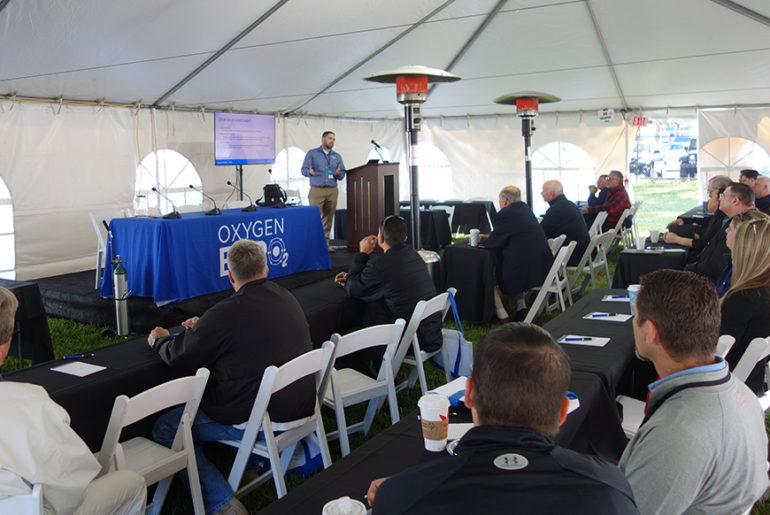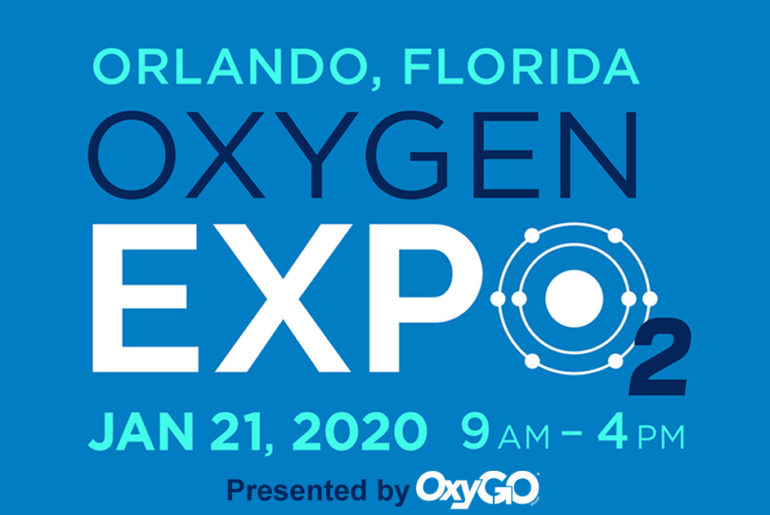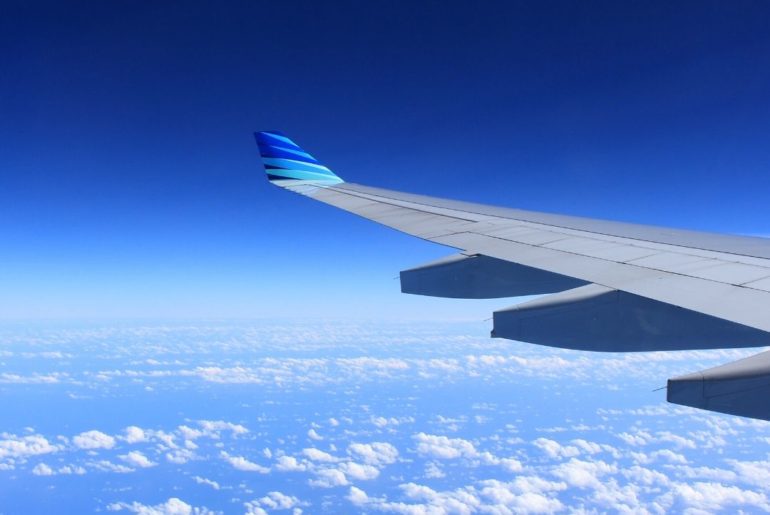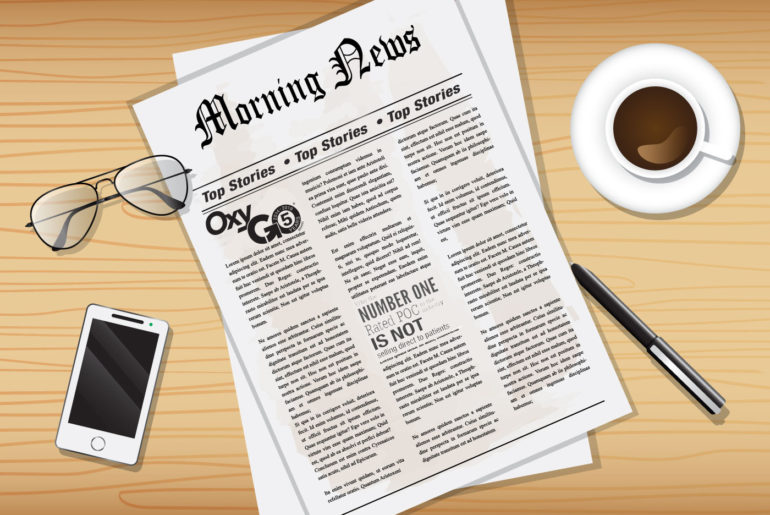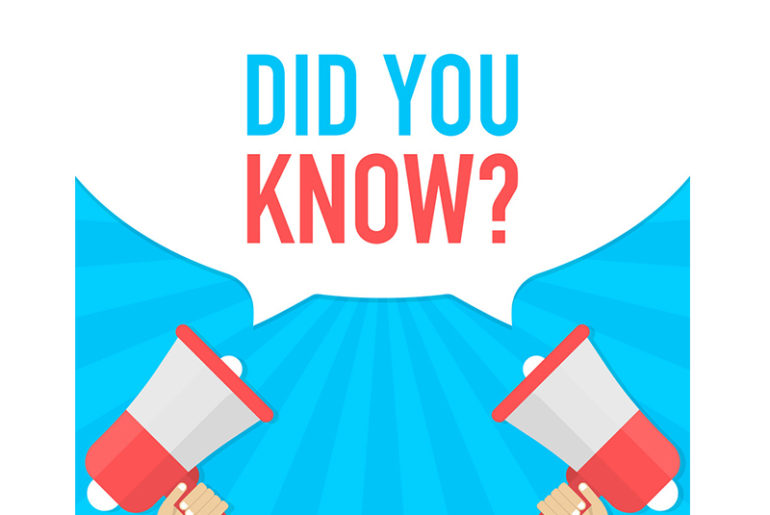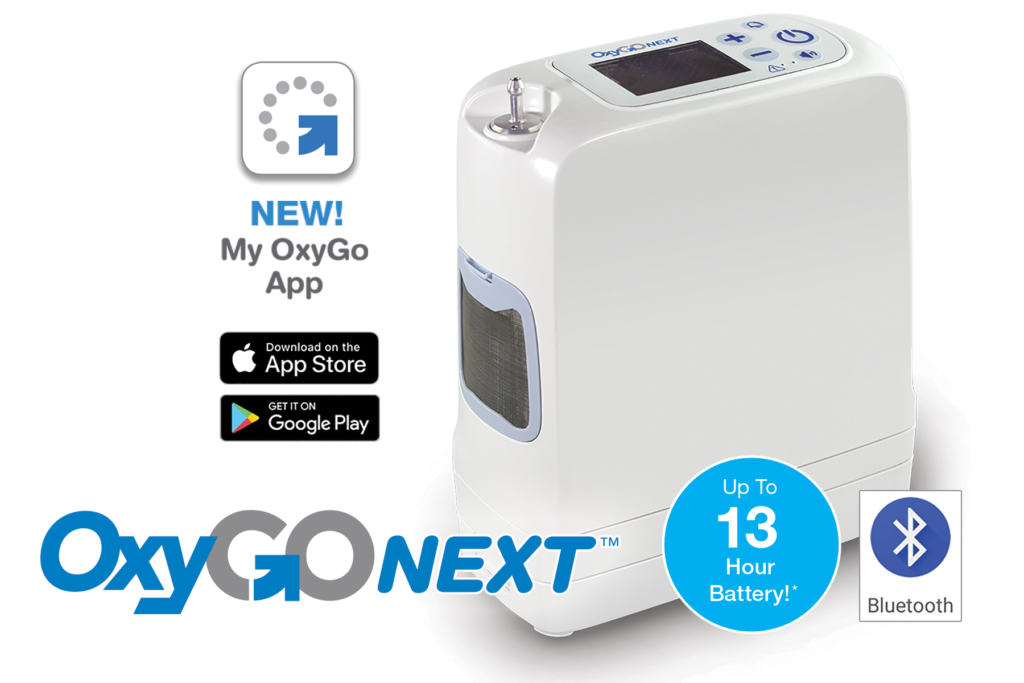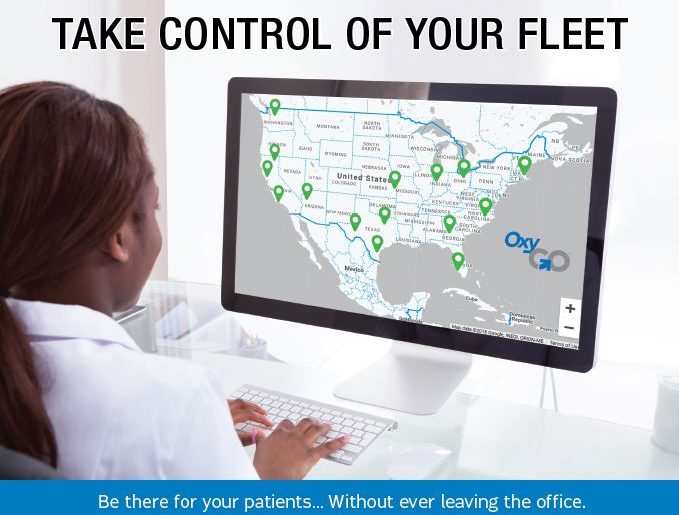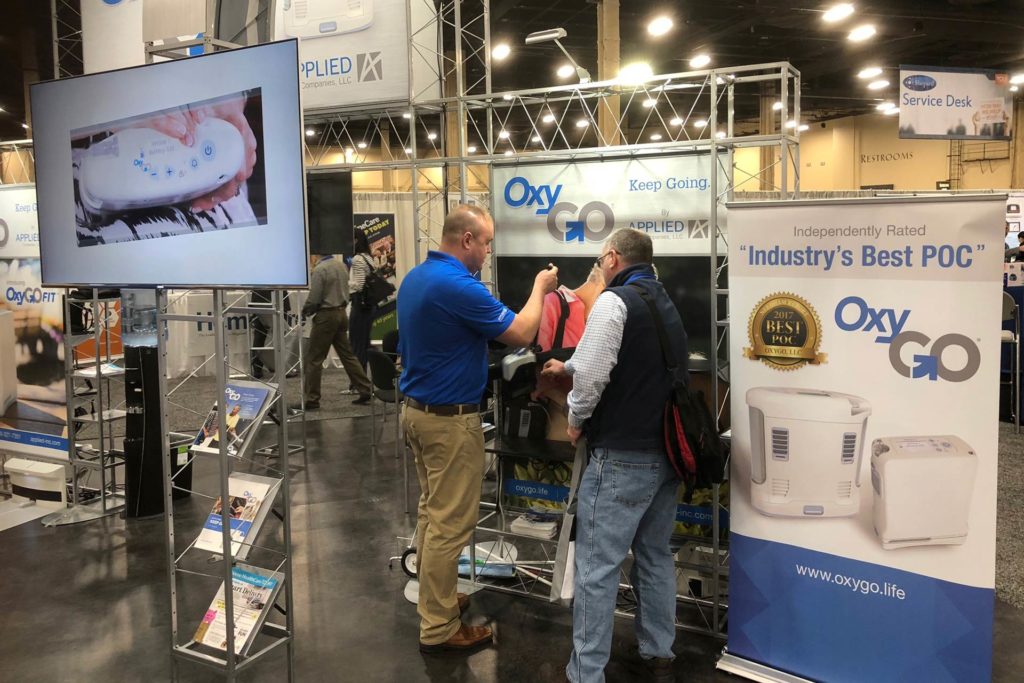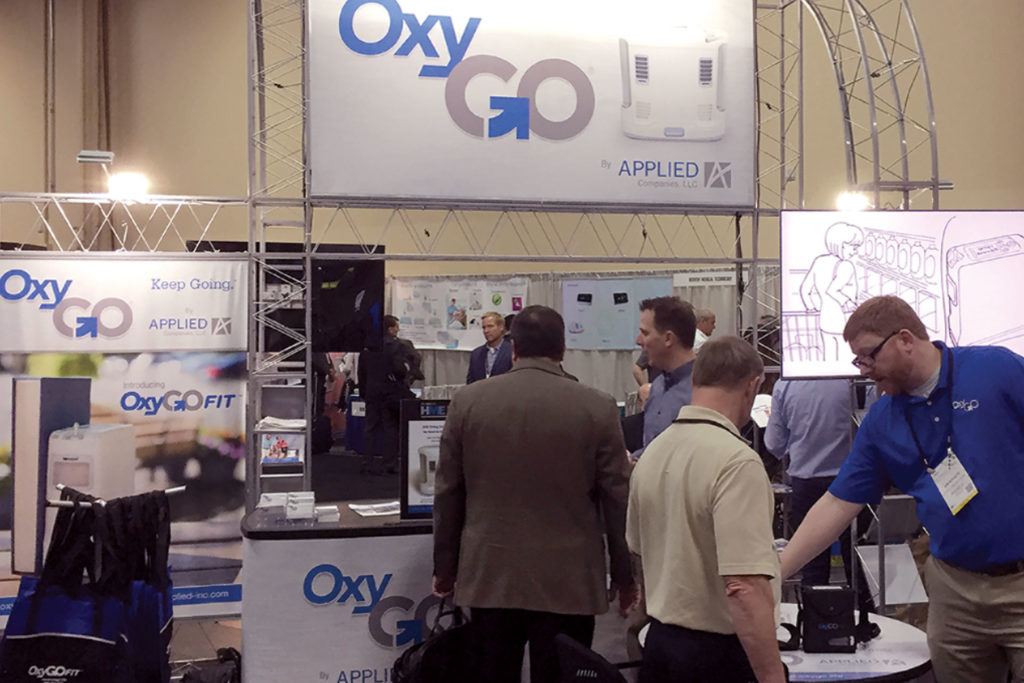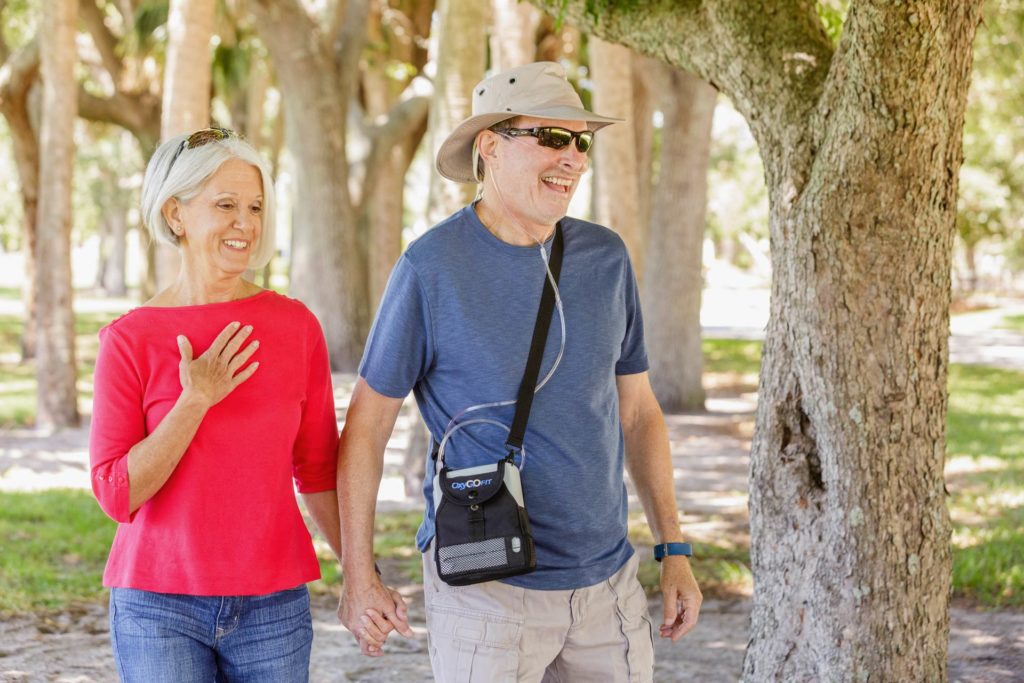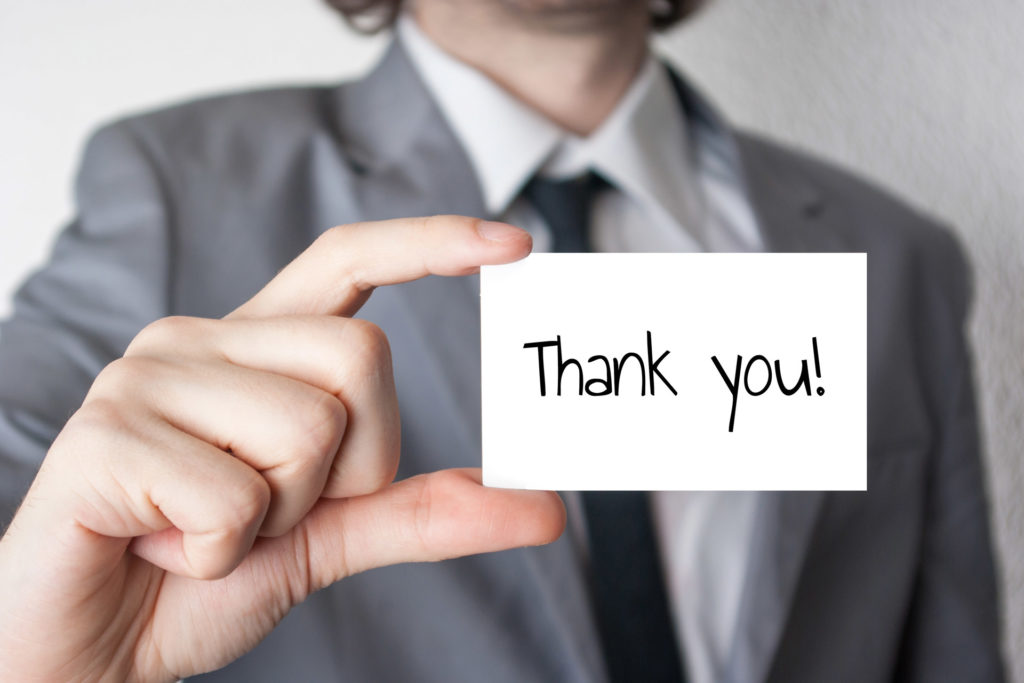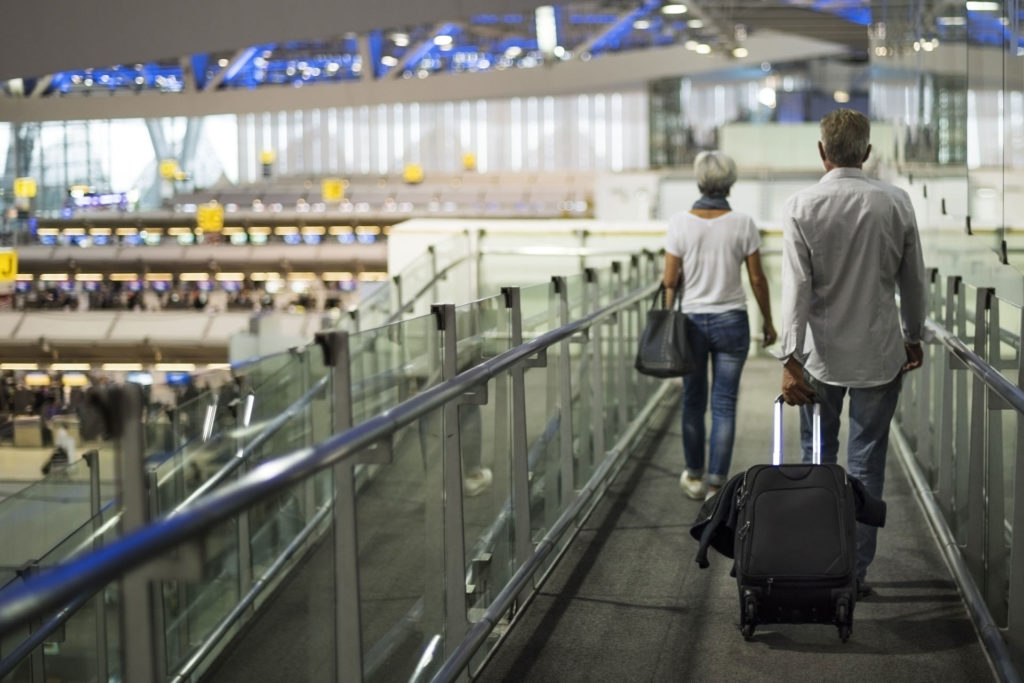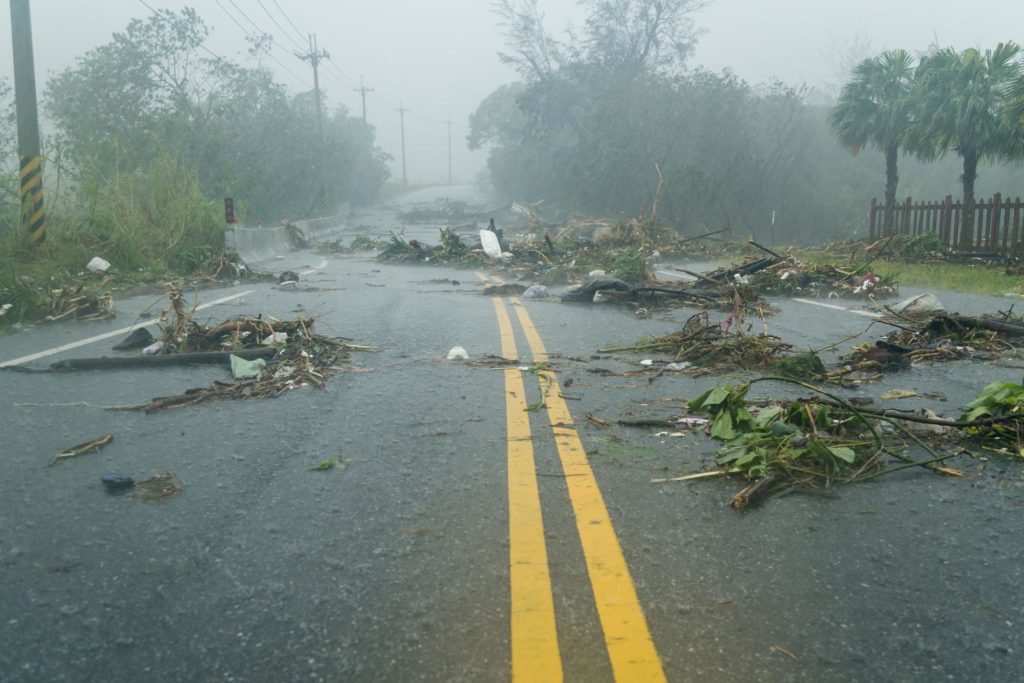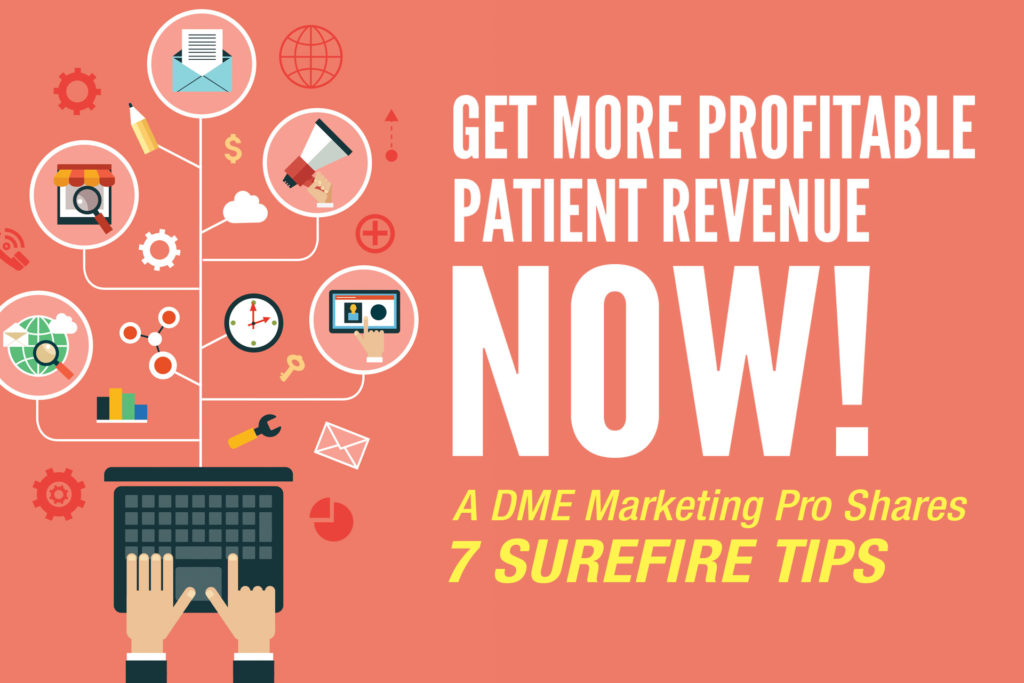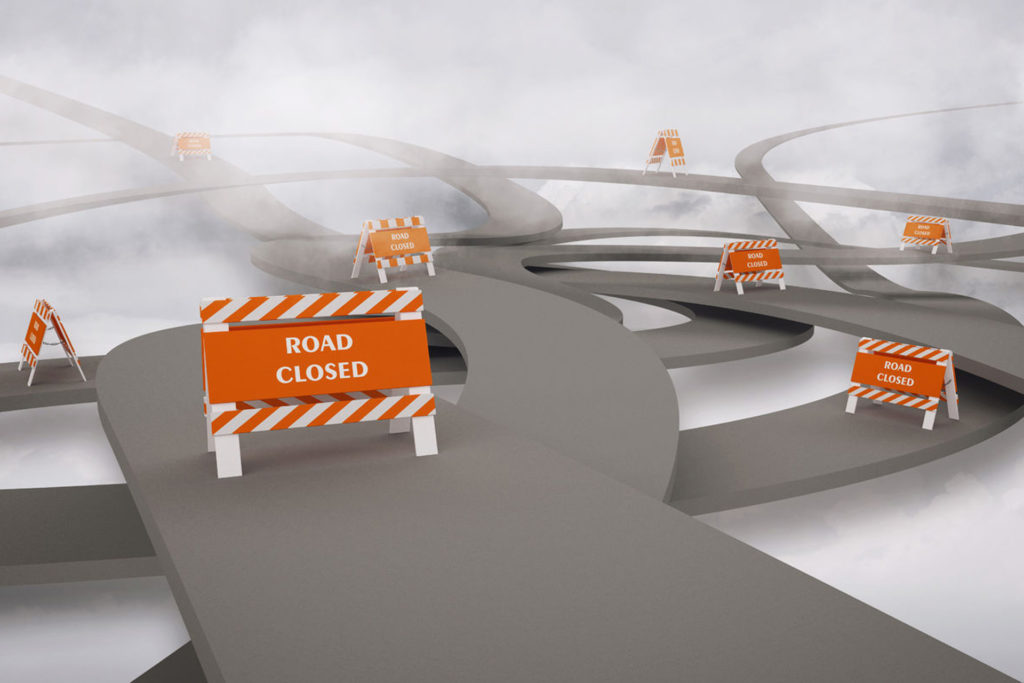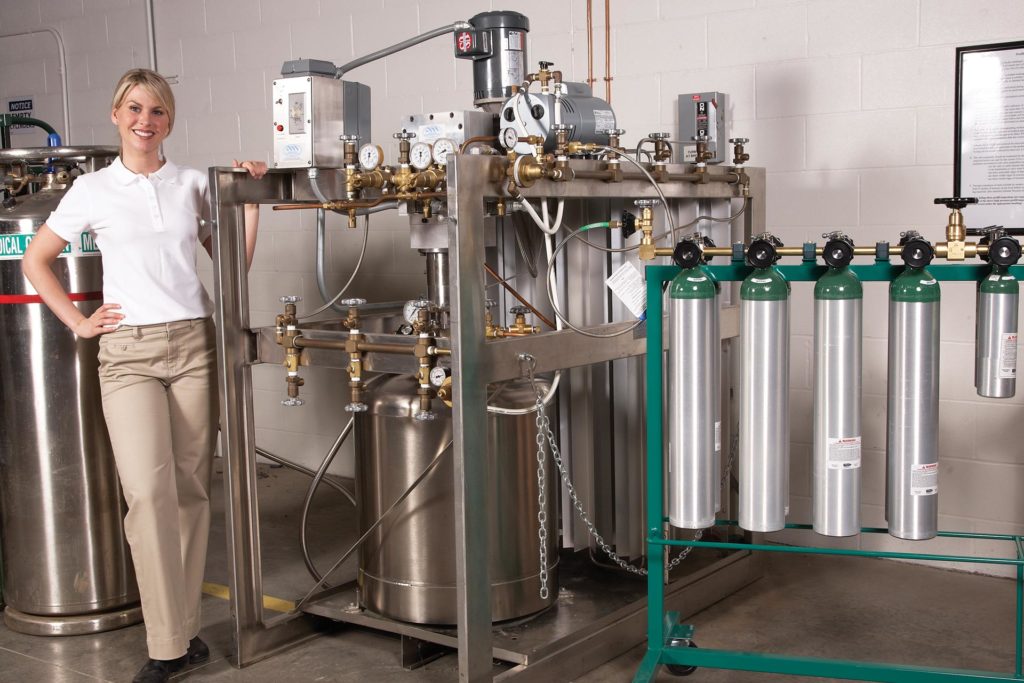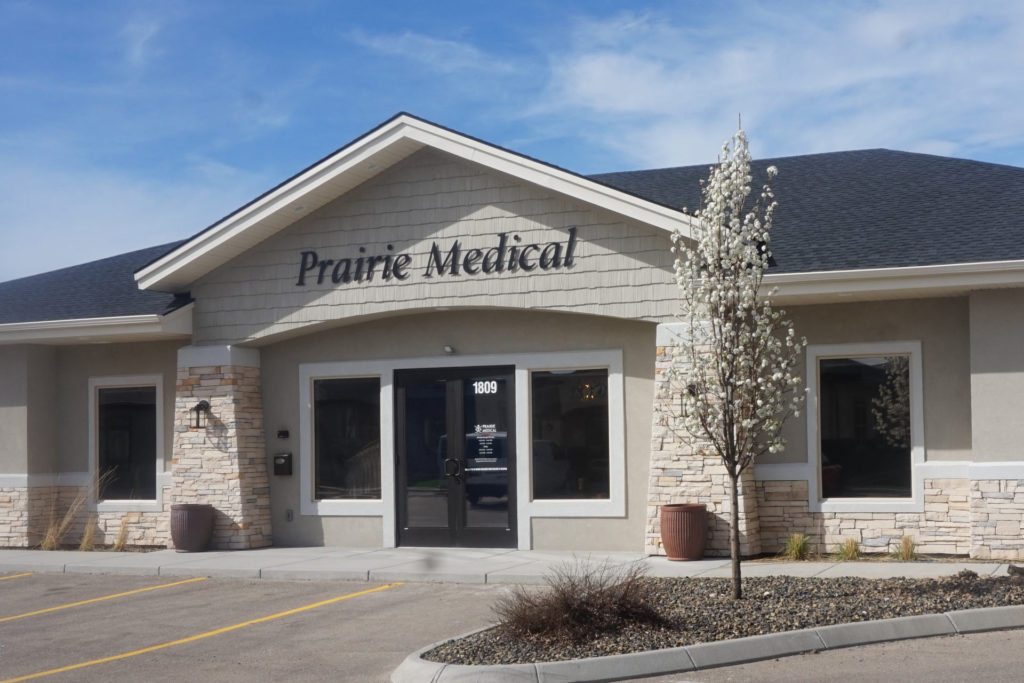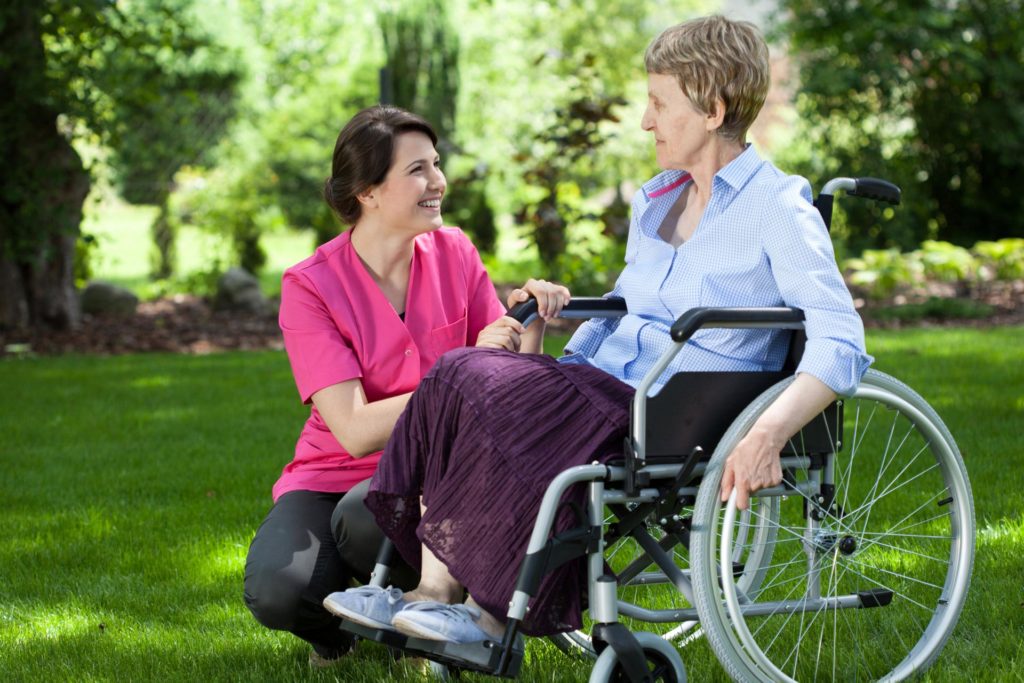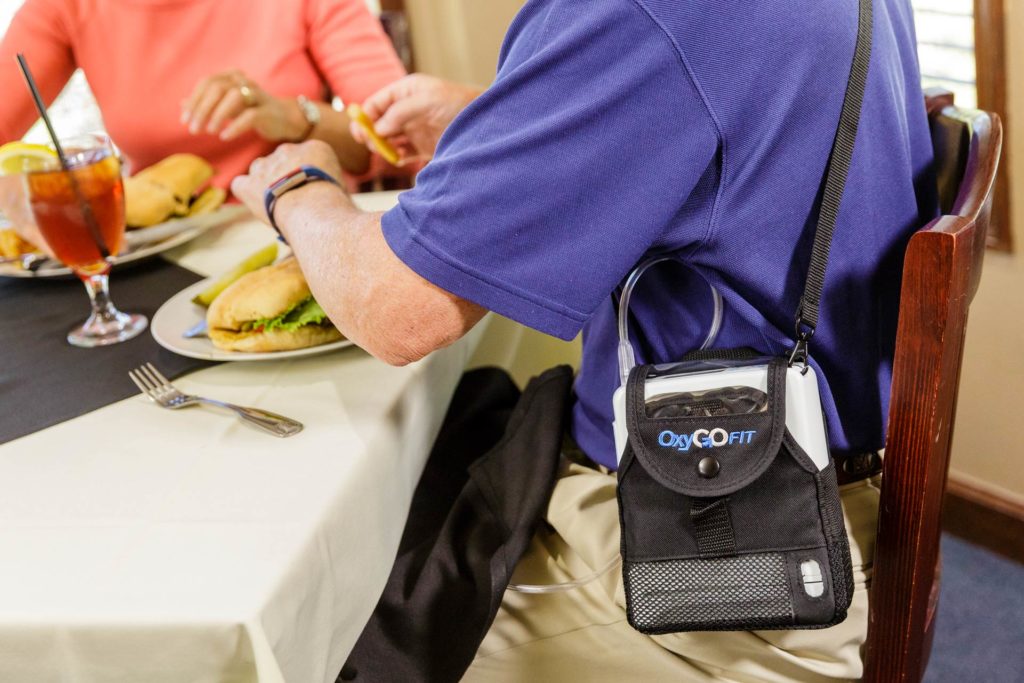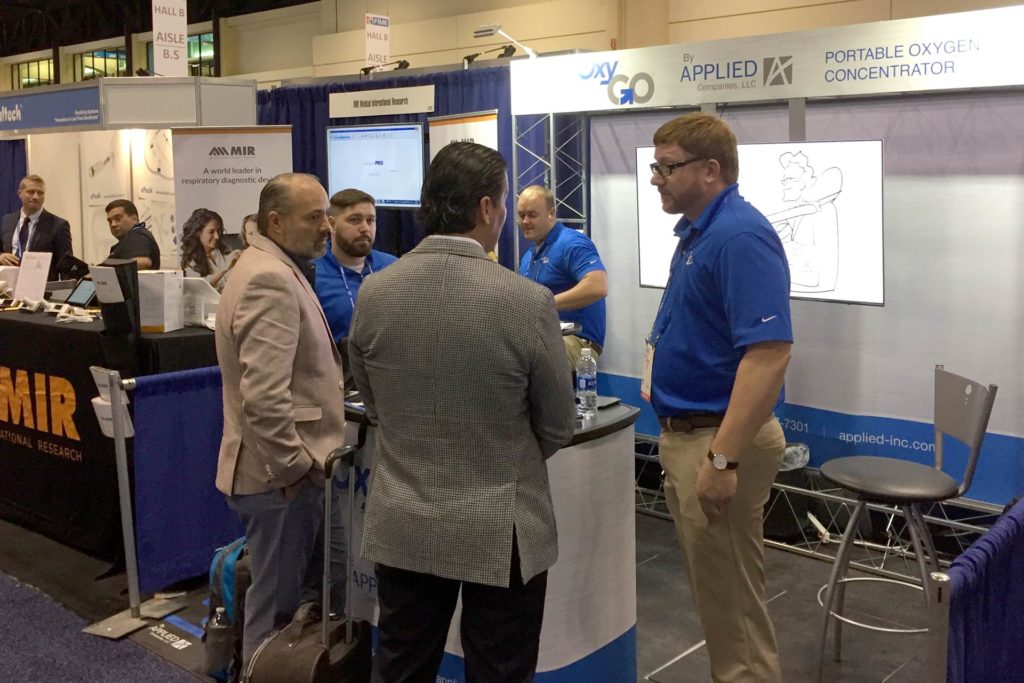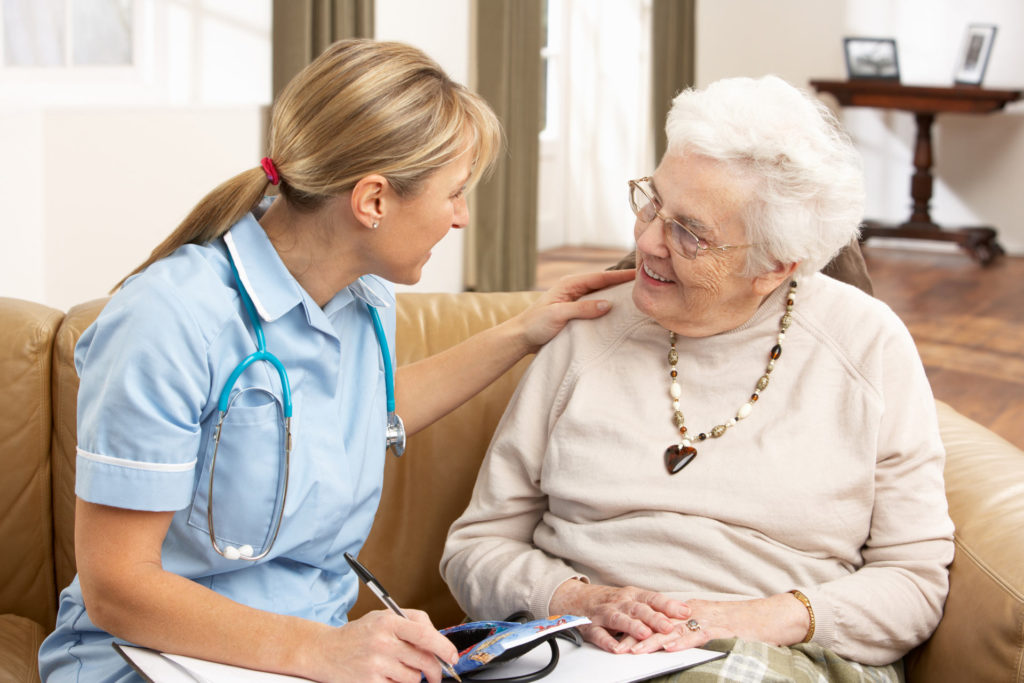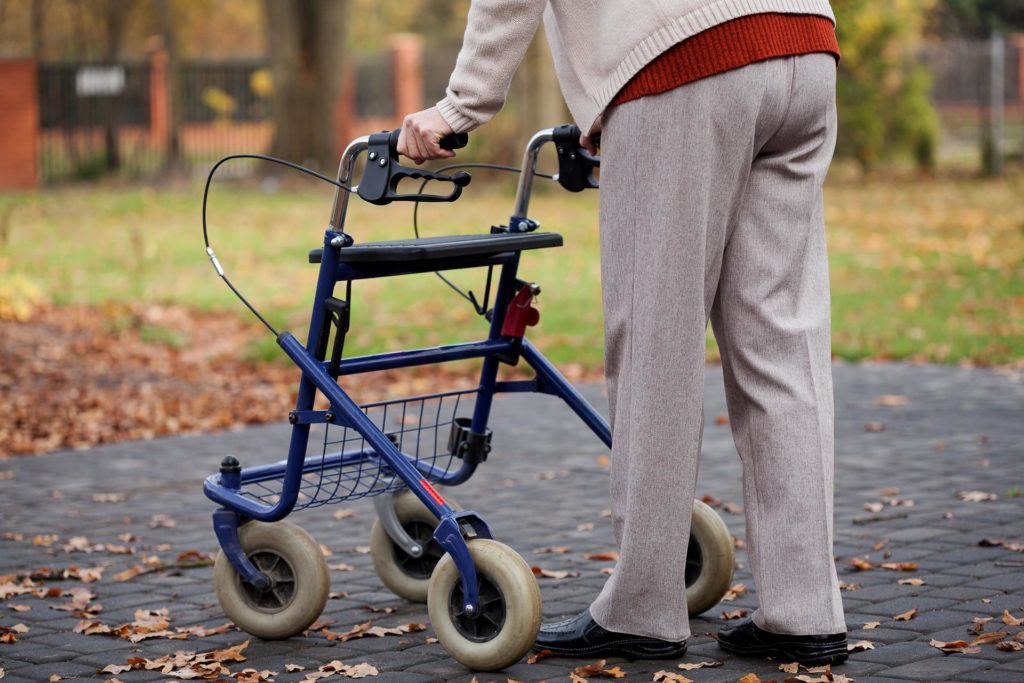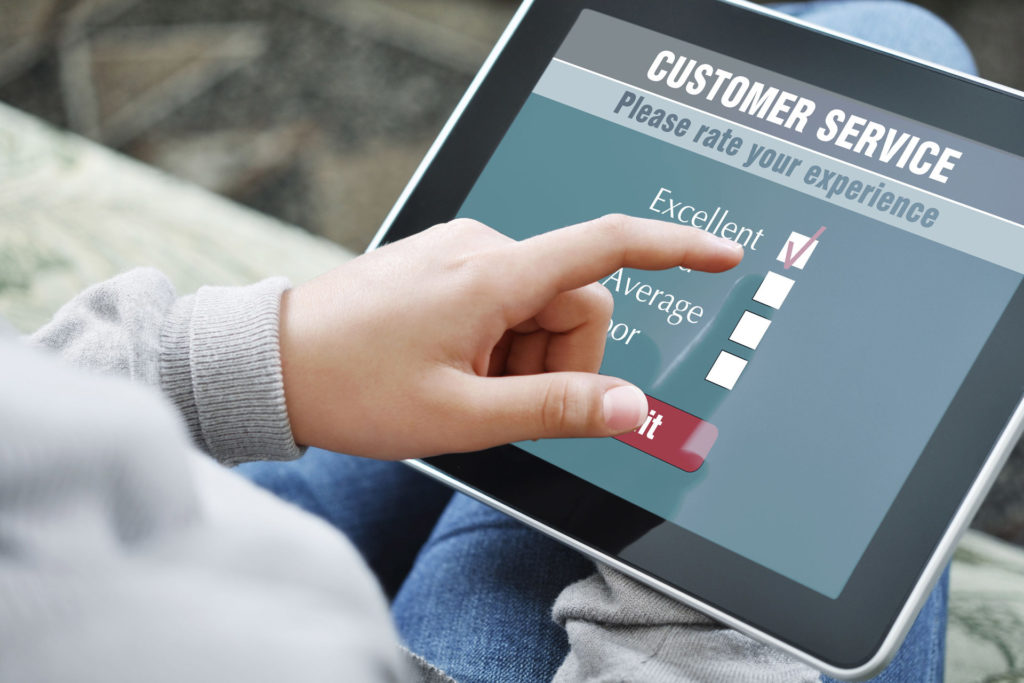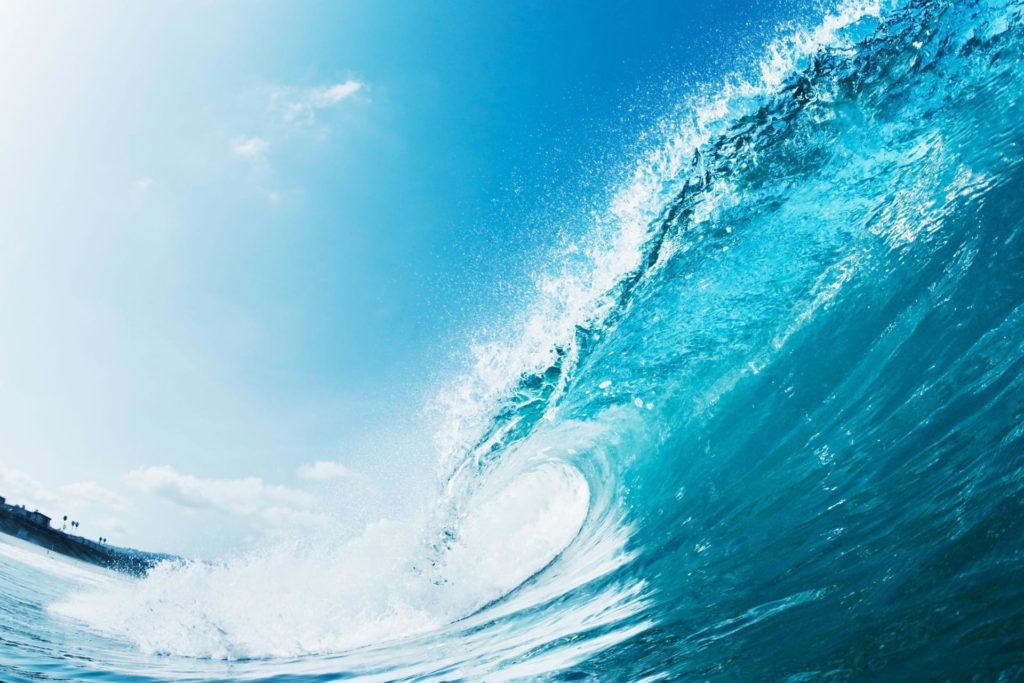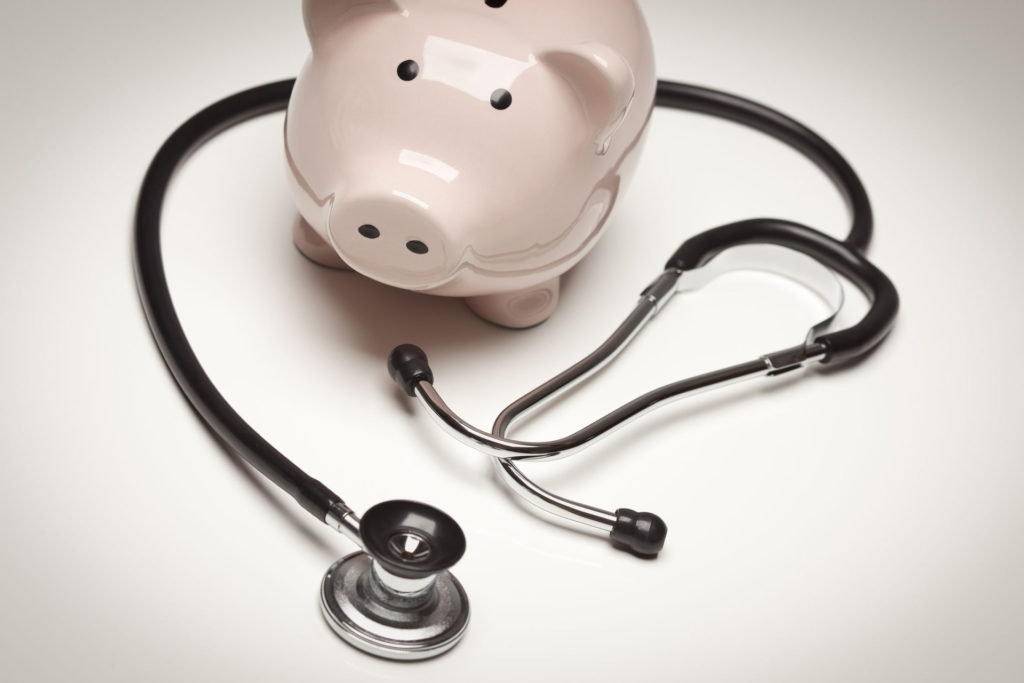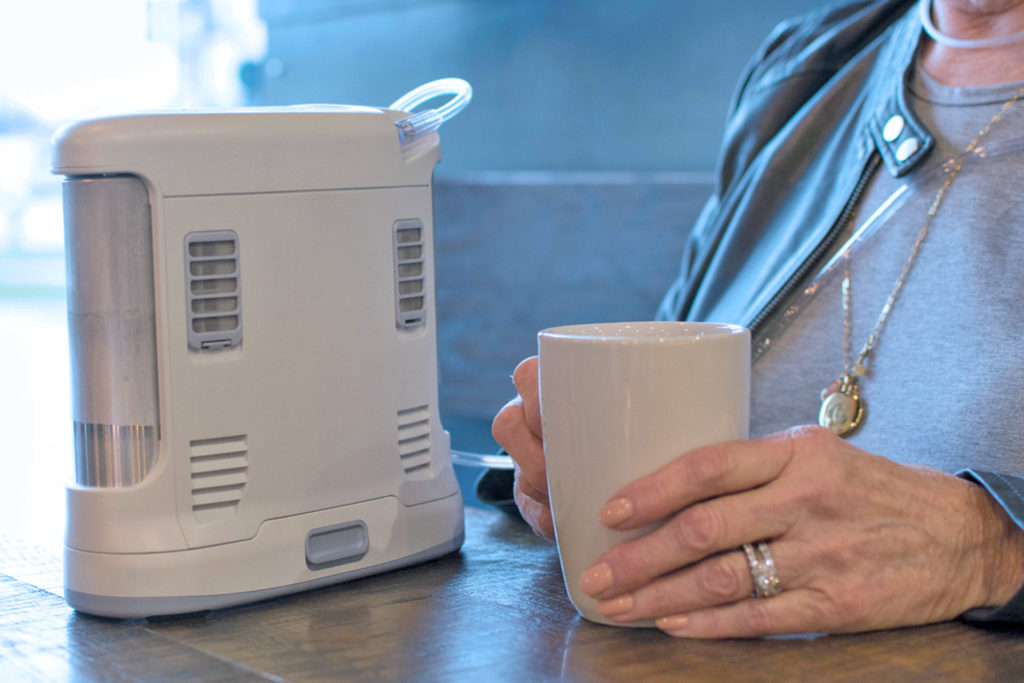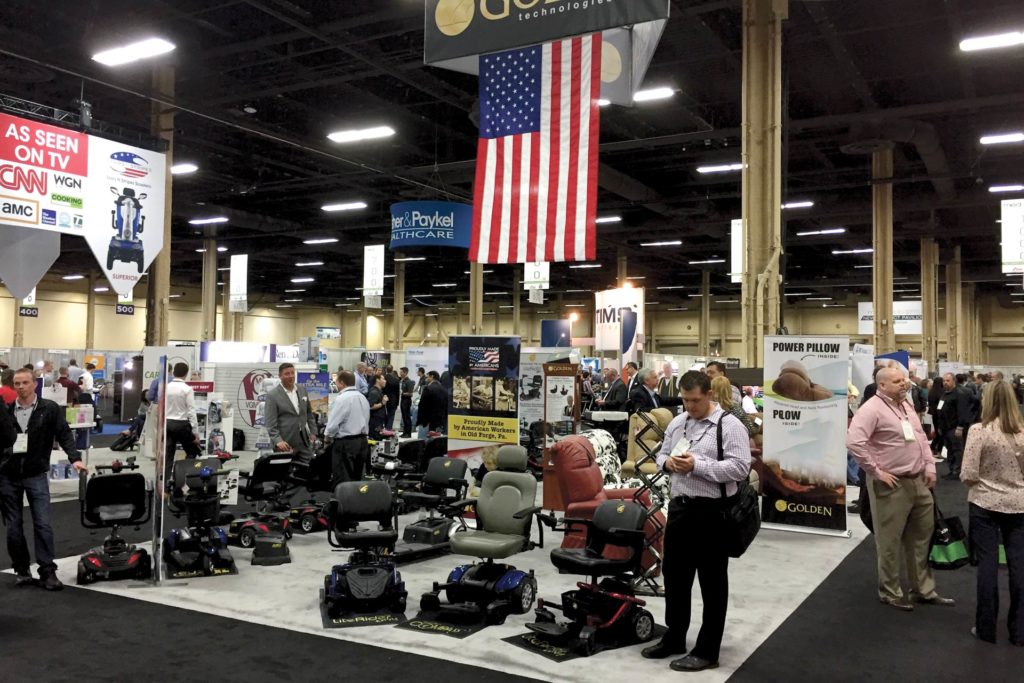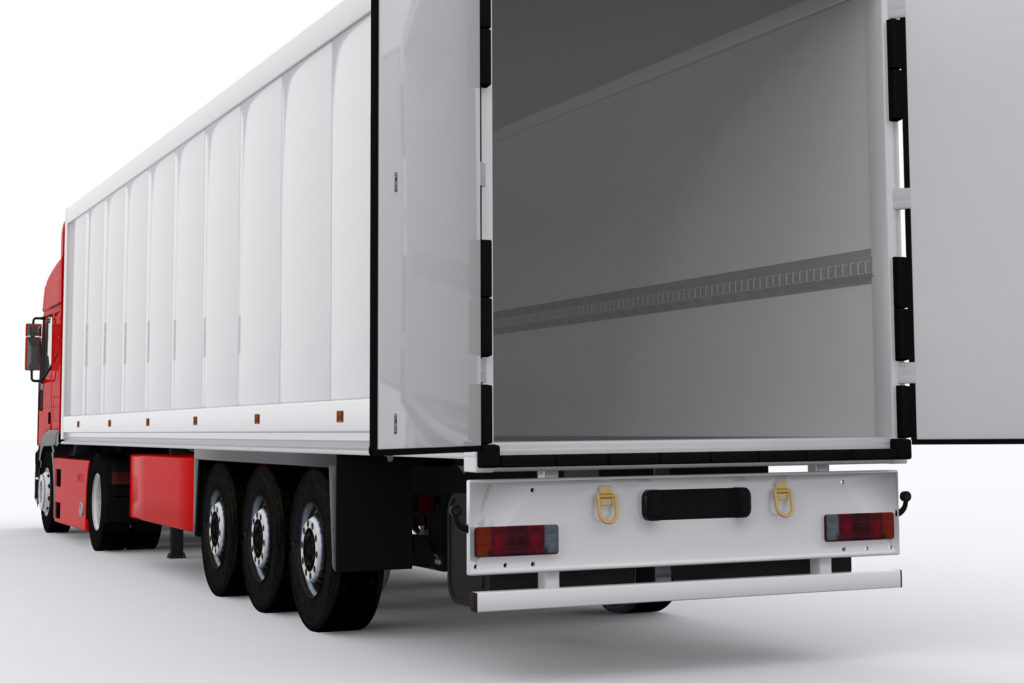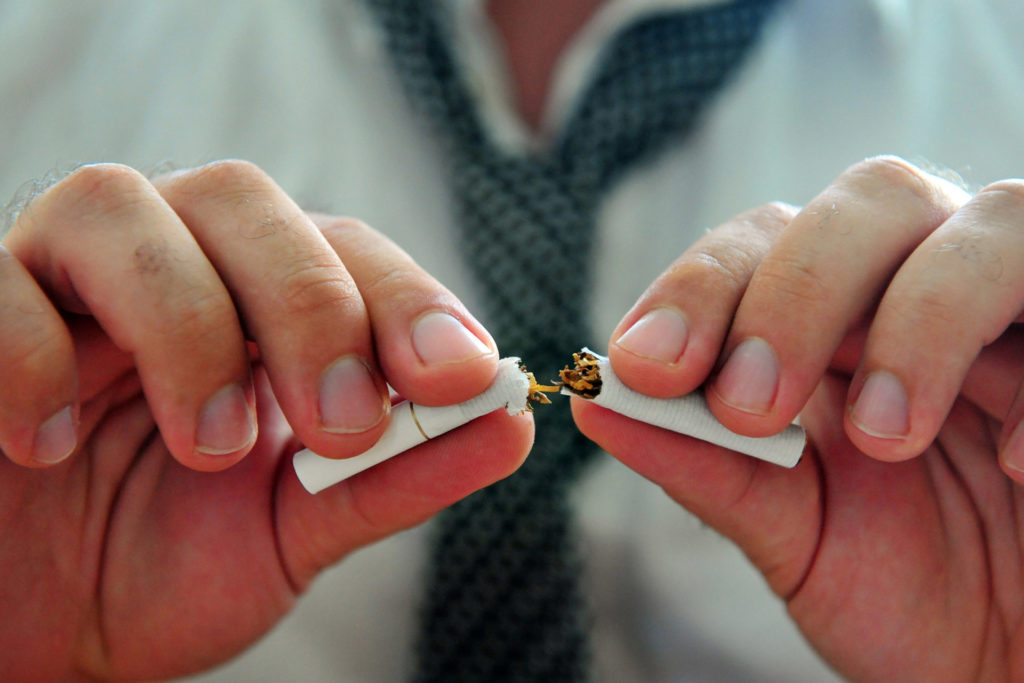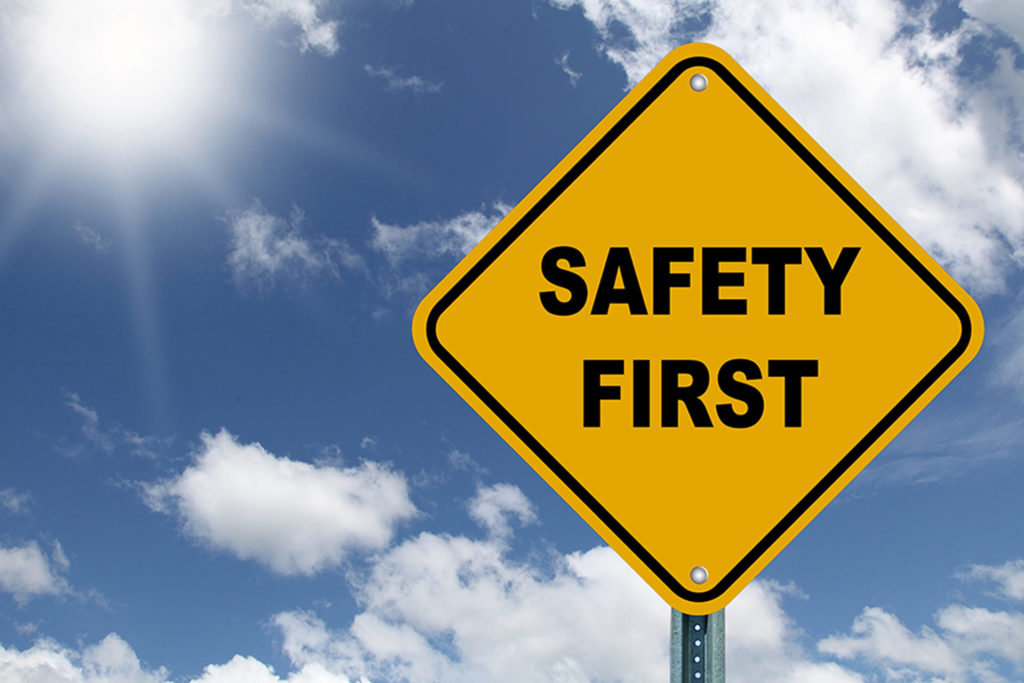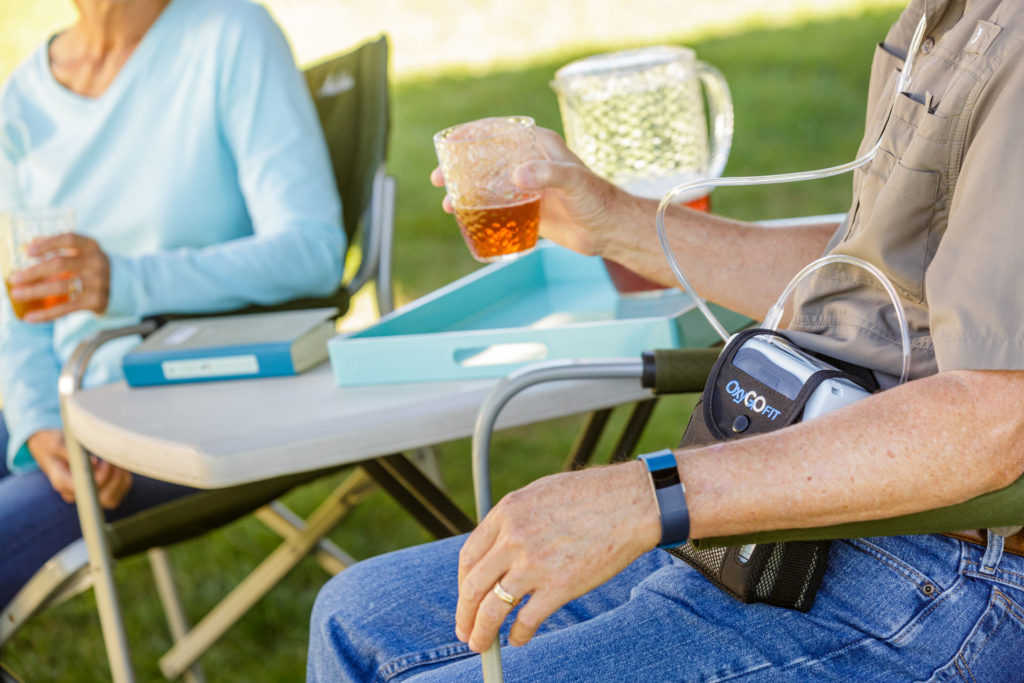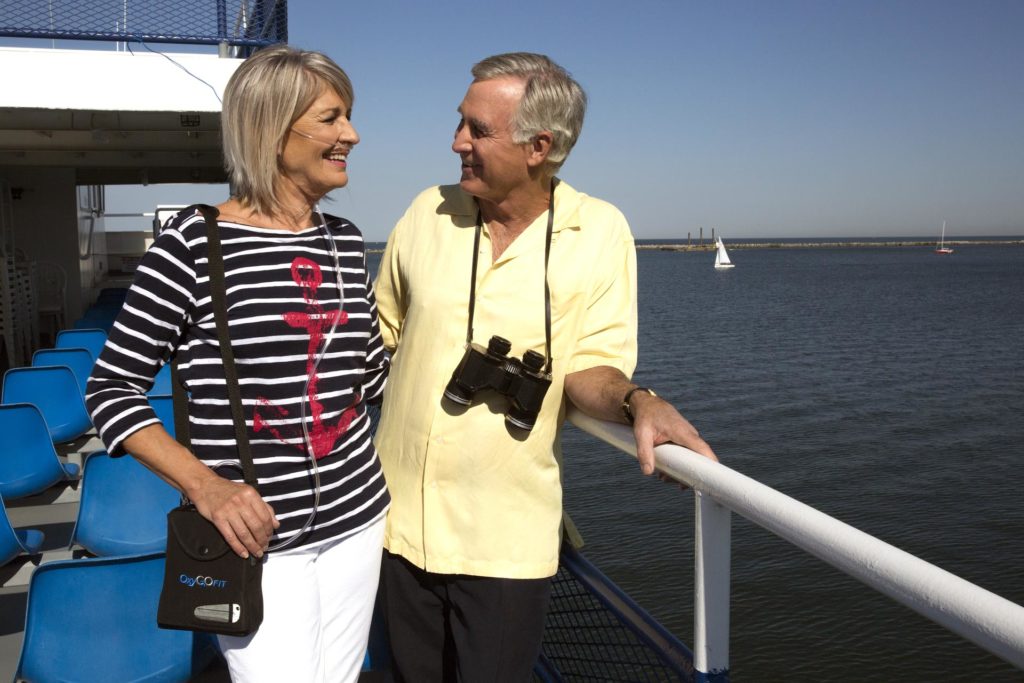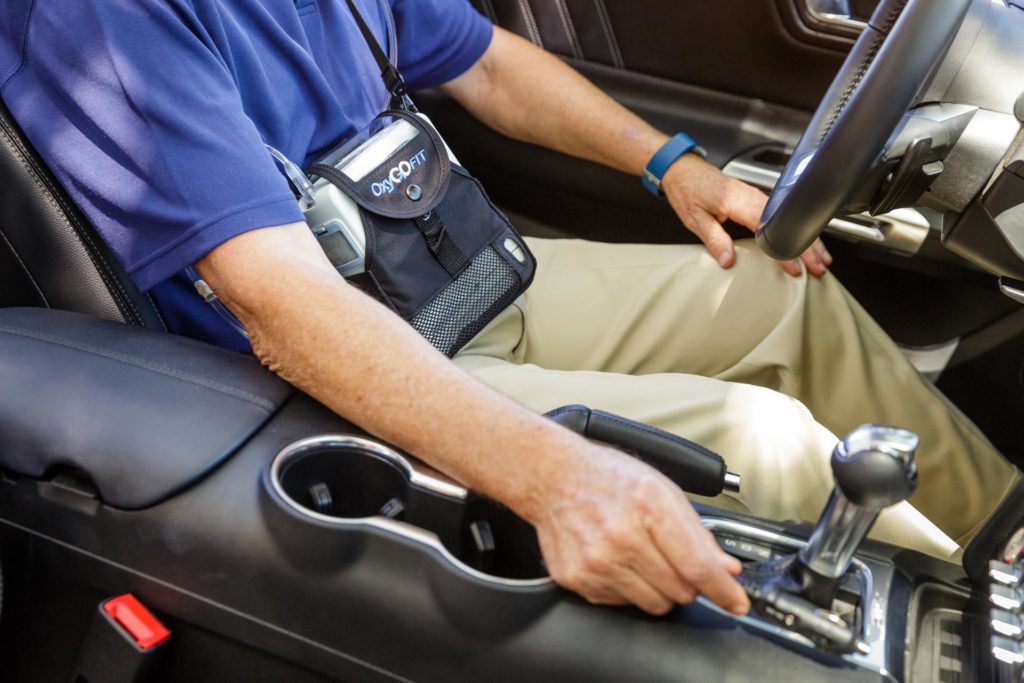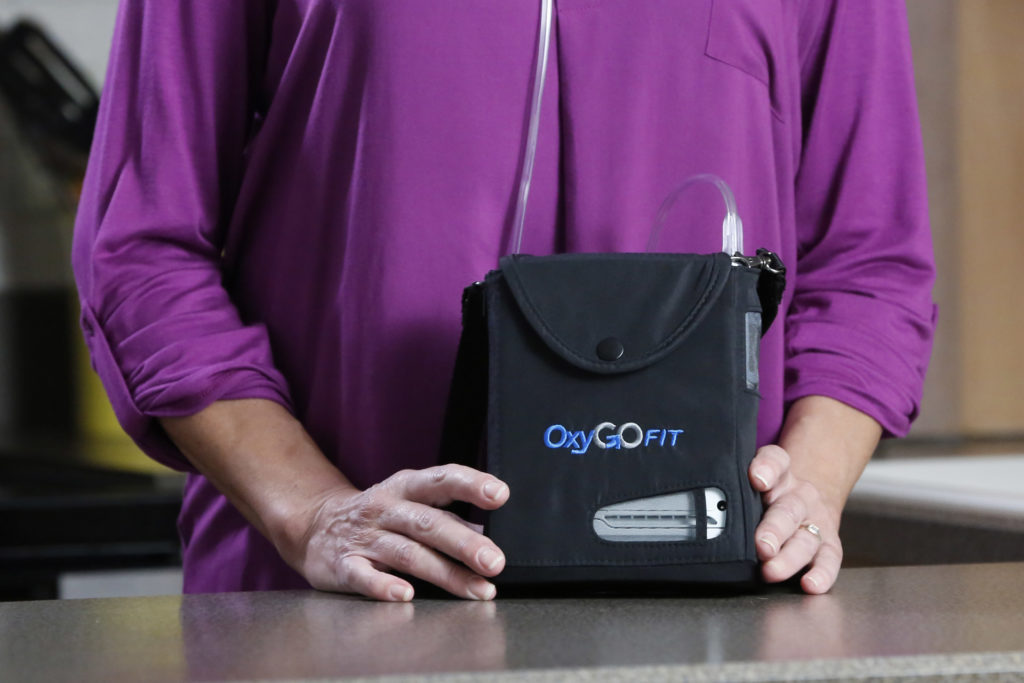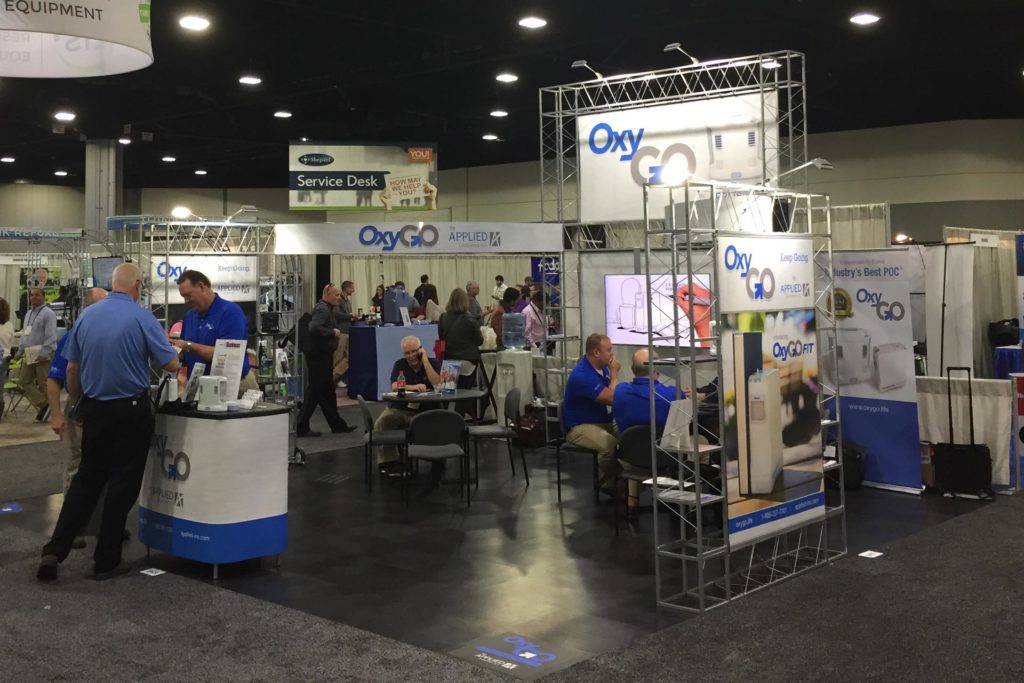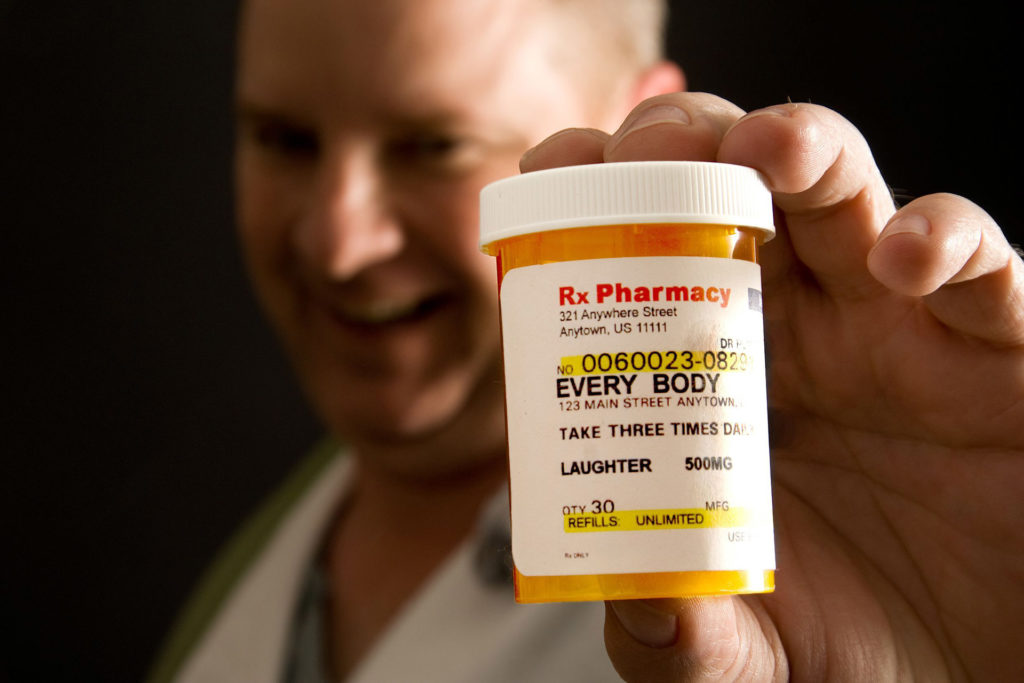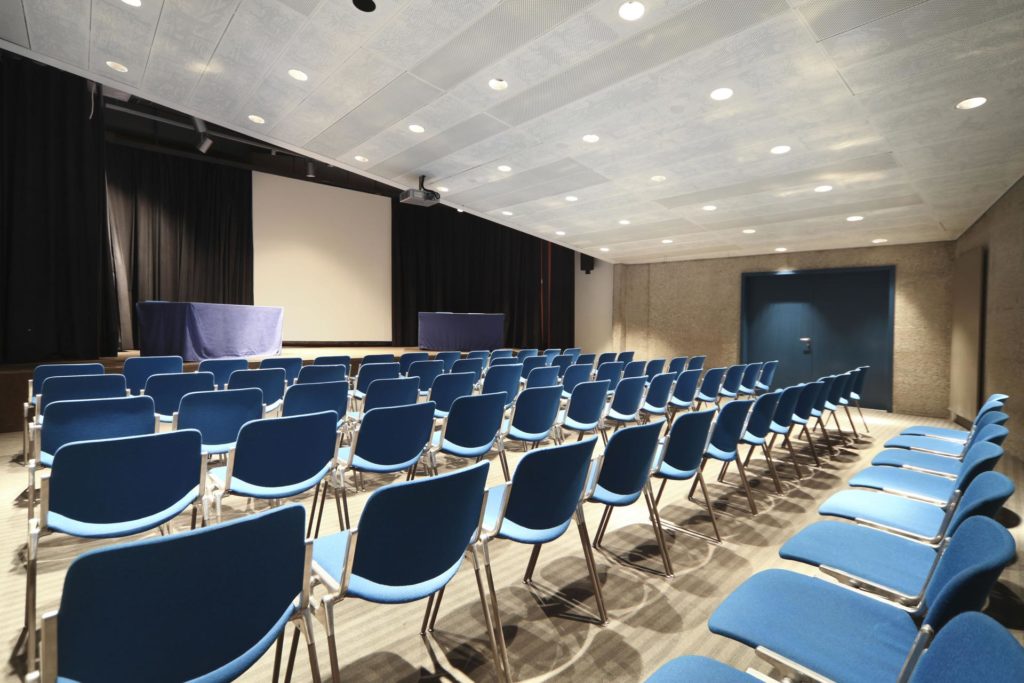Fighting Back
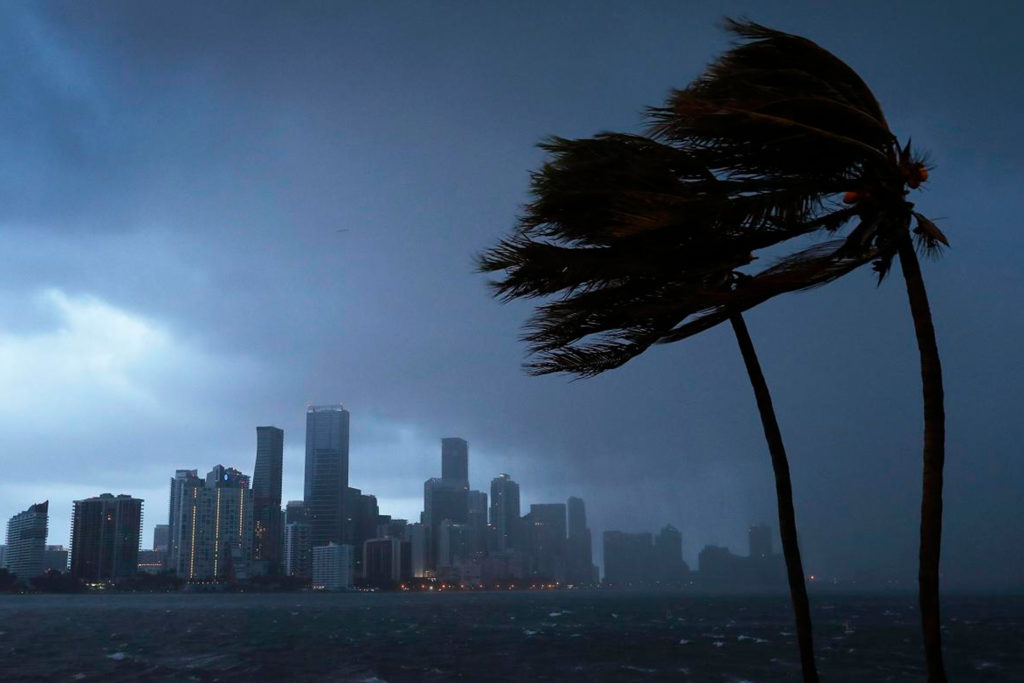
On September 10th the eye of Hurricane Irma crossed over Cudjoe Key, not far from Key West, FL and about 70 miles south of Tavernier in the Upper Keys. It was an extremely powerful Cape Verde type hurricane with 135 mph winds and was the first hurricane to hit the Florida Keys in fifty years.
By the evening of September 8th, hundreds of thousands of Floridians had evacuated, some to as far north as Michigan or Canada… making it the largest evacuation in the state’s history.
One who stayed was Roger De Armas, the owner of Medical Care Services, a DME with stores in Tavernier and Key West. He and his son, Roger Nick, evacuated from Tavernier only to shelter for a few days with family in Kendall, FL, farther north and inland, but only by about 35 miles. The storm blasted the Keys over a Saturday and Sunday and by Tuesday both Roger and Nick were back at the Tavernier store, cleaning up and doing their best to serve patients who had stayed. This is the story of how they coped and the impact of the hurricane on their DME business.
Roger is a veteran in the home health care industry, having been a manager and owner of his own DME stores for more than 30 years in Sarasota, Orlando, Ft. Myers and Miami. He retired to Tavernier in 2013 but decided to open a store there, mainly for his son. By the end of 2013, father and son opened a second store in Key West. Their largest revenue producer by far is oxygen, but the two stores also sell large quantities of wheelchairs, mobility products, walkers, canes, nebulizers, CPAP equipment and the like.
The fall of 2017 and spring of 2018 was forecast to be their best sales period to date because their main competitor, just a few miles away, closed its doors in June. This left Medical Care Services as the only full-service DME in the Keys, and they were ready to pounce. Their service area stretched from Coral Reef in the North to Key West in the South, a distance of about 120 miles. They were not heavily populated miles either; they were mostly rural miles, subject to the heaviest Medicaid and Medicare cuts that have caused so many DMEs to shut their doors.
“My business philosophy has always been to put the patient first and provide very good customer service,” said Roger. “If you put the patients first, and don’t act with them like your way is the only way, and if you do a better job of customer service than your competitors do, you will do fine. I came to Tavernier from Miami where I faced maybe 50 DME competitors in just a one mile radius. The only way to survive was to give better customer service.
So we did that here and it has paid off. Even today, with virtually no competitors, I have weekly meetings with my staff in which I tell them to act like we have a hundred competitors,” said Roger.
The hurricane impacted Roger’s DME business on five fronts: (A) The cost of implementing his state mandated storm emergency plan; (B) The cost of losing patients who evacuated, have not returned and may never come back; (C) the cost of losing employees who lost their homes and can no longer afford to live in the Keys ; (D) the cost of replacing storm damaged equipment his insurances do not cover, (E) the potential cost and concern that the snowbirds who annually flock to the Keys in November and stay until April will not come this year.
Here is what Roger had to say about how hurricane Irma hurt his business.
The Cost Of Implementing The Emergency Plan
“If you are a DME in Florida, every county requires that you develop a hurricane emergency plan and they have to approve it. We do business in Monroe County so we submitted our plan to Monroe officials. When I was in Dade County, it was Dade that approved. Our plan is expensive to implement because it requires us to take labor intensive steps before and after the storm to serve patients. The emergency plan applies primarily to our oxygen patients.
“With those patients, for example, we have a priority list that establishes the order in which we serve them. Speed is critical because we need to serve them fast. I have a deal with a distributor in Miami who, by contract, stores extra tanks for me in case of a hurricane. I called that distributor as soon as I heard Irma might hit, which turned out to be about six days in advance of it actually making landfall in Florida. They delivered extra tanks quickly and we started calling our oxygen patients to determine their needs. Were they going to evacuate and, if so, when? About 90% actually did leave because there was a mandatory evacuation order, but some ignored it. Our priority list was clear and we called first those who needed oxygen 24-hours a day, those needing it six hours a day, those needing it overnight, and so on.
“I heard about the storm on a Sunday and by Wednesday afternoon we had called just about all of our oxygen patients. We had to make sure we delivered to them enough oxygen to evacuate or stay home and ride out the storm. That was expensive. We had to deliver hundreds of tanks we didn’t get paid for. Those patients who were evacuating we gave packages to with the address of a phone number and the shelter they could go to where the could find electricity and refill their tanks. In this case it was Florida International University in Dade County. We had to give them enough tanks to make the drive between their home in the Keys to FIU and back. And those patients who were sticking it out, we had to give lots of extra tanks to.
“Those patients who had POCs really had it a lot easier than my oxygen tank only patients. POC patients could charge their units in their cars and go as far as they wanted. And some of those POC patients, if they were really prepared, they might have two or three backup batteries that could give them up to 21 hours of power right there, without having to worry about the availability of electricity.”
The Cost Of Losing Patients
“Where have all my patients gone? Many have not come back because they have no place to come back to. Those that have come back, we are having a hard time finding. Many of them had homes, often motor homes, that were flooded by the water surge and damaged by the heavy winds that howled for more than 12 consecutive hours without letting up. Many of the doctors here are just getting their practices up and going again—so they are not writing as many prescriptions. And when they are not writing new prescriptions, we are not getting new business. When their business suffers, our business suffers.”
The Cost Of Losing Employees
“Our offices in Key West and Tavernier actually fared ok. The surge and high winds luckily, didn’t put us out of business us in either location. We had damage but we have been able to clean it up and move on. However, the wind and water damaged a lot of the homes of the people who make the Keys what it is. Many of them are lower income people. They work in the bars, stores, shops, hotels and restaurants. Many of them found their homes wiped out and have no place to call home. So they have left and they may not come back because affordable housing is so difficult to find.
“We lost one of our top employees, a customer service rep who was darn good, from our Key West office. She ran it. Her trailer was sliced and now she has gone to live in St. Pete, hundreds of miles north of here. We have been running ads to try and replace her for two weeks and have not had even one response yet.”
The Cost Of Replacing Storm-Damaged Equipment
“Many of our patients left in a hurry and left equipment behind such as hospital beds, wheelchairs, walkers, and concentrators. That equipment was often damaged. As their homes got destroyed, the equipment inside also got destroyed. So our insurance—and that’s just in general—does not cover equipment at the patient’s home. They only cover the equipment we have at our warehouse or van, but not equipment at a patent’s home. Those were all losses for us. Now we can go ahead with Medicare and Medicaid with a rule that allows us, because of the hurricane, to provide new equipment and start a new billing cycle. But that old equipment is lost for us. We still don’t know how much we’ve lost and we are a month past the hurricane.”
Potential Loss Of The Snowbirds, Revenues And Political Clout
“November to April is our busiest period. I am worried about how many of the snowbirds we count on for a very important share of our business may not come back. The news stories have painted a pretty scary pictures nationally of what Irma did to us. Right now we have only about 30-40% of the revenues we had last year at this time.
“Business is not good here but I know that many of the DME’s in Texas and Puerto Rico have it worse than I do. I am fortunate to have reserves that can keep me going for a year or more and that’s probably what it is going to take before our business comes back as it should. But many DMEs in those areas probably don’t have enough reserves to carry them through and may be forced to close.
“At least revised Medicare rules in 2016 allowed us to get reimbursed for some of the cuts we took. But they have not been approved yet for 2017. The person who suffers the most is the patient. Because if it costs me $125 to deliver oxygen and make a profit—and Medicare only pays me $75 or whatever—I am going to charge the difference to the patient. I have to. I know the associations are working on it, but those cuts need be restored for 2017 or you will see more DMEs going out of business. It really hurt when Tom Price was forced to resign from the administration (Secretary of Health and Human Services.) He was a true friend of the business and worked hard for us in the short time he was there. He understood competitive bidding problems and issues that were impacting us negatively.
“Irma has really hurt us. The only positive sales increase has been in nebulizers. They have been flying off the shelves from all the mold and dust created. But they are small ticket items and a very small part of our business.
“Going forward, my two greatest wishes, if I could find them wrapped as gifts under a Christmas tree, would be to find packages marked in big, big letters:
(1) ALL THE PATIENTS YOU HAVE LOST; (2) ALL THE REIMBURSEMENT CUTS YOU HAVE HAD TO TAKE.”
Irma’s Impact In Ft. Lauderdale
Fifty miles north of Tavernier, in Ft. Lauderdale, FL, Sean Schwinghammer with SurfMed, a complete provider of home medical equipment, had this to say about Irma’s impact: “We were fully prepared, until the storm when we learned we were not FULLY prepared…
“DME is more technology-based than ever before, and the need for power is essential. We were without power for over a week and our initial backup area, which was 40 miles away, also lost power, so we needed to scramble to keep operational. Never did anyone suspect the storm would move up the gully of the state. Additionally, we brought our west coast office to assist in the preparation of our east coast members, but as the storm track changed we had to have our east coast workers assist the west coast, which was more threatened by the storm as it progressed.
“DME providers always have to be flexible, but this odd storm, based on direction and massive size, tested our abilities to react.
“We learned to be early in our prep work. Our oxygen suppliers were tapped out by the end of the week prior to the weekend storm… so later DME preparers could not receive supplies and called to ask for spare tanks, which we could not share. We service the state and had to wait to service whereever the storm struck.
“Most surprising was the varied responses by insurance companies and hospitals. Hospitals wanted to discharge as many members as possible to make room for those who would be in greater need, and many managed care organizations were incommunicado. For some of our clients, the decision was to have their managers and others work from home, but once they all lost power, there was limited ability to communicate with the health plans.
DME plans were left with greater responsibility, in addition to following emergency plans, meeting state guidelines, taking on responsibilities for the health plans and managing their own staff and facility needs. We bare the burden, for which we (as an industry) are never recognized, based on pricing.”
Medical Care Services | (800) 704-9630
91884 Overseas Highway, Tavernier, FL 33070
oxygensolutions2go.com
SurfMed Home Office | (888) 398-3149
2799 SW 32nd Avenue, Suite 14, Pembroke Park, FL 33023
surfmed.com
RELATED POSTS
